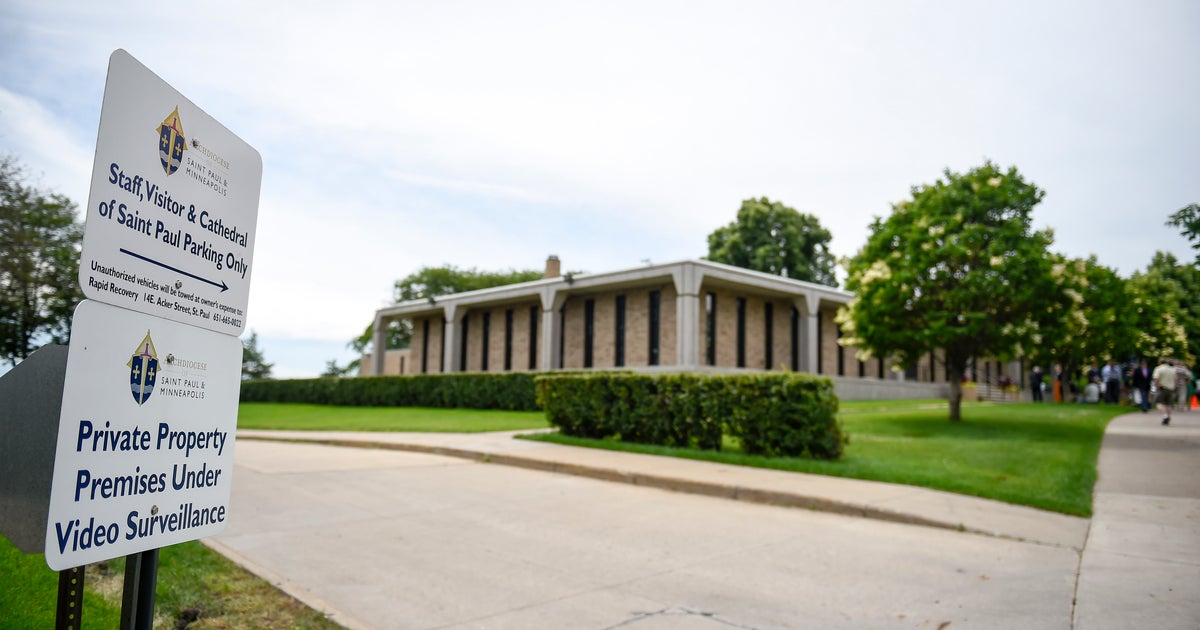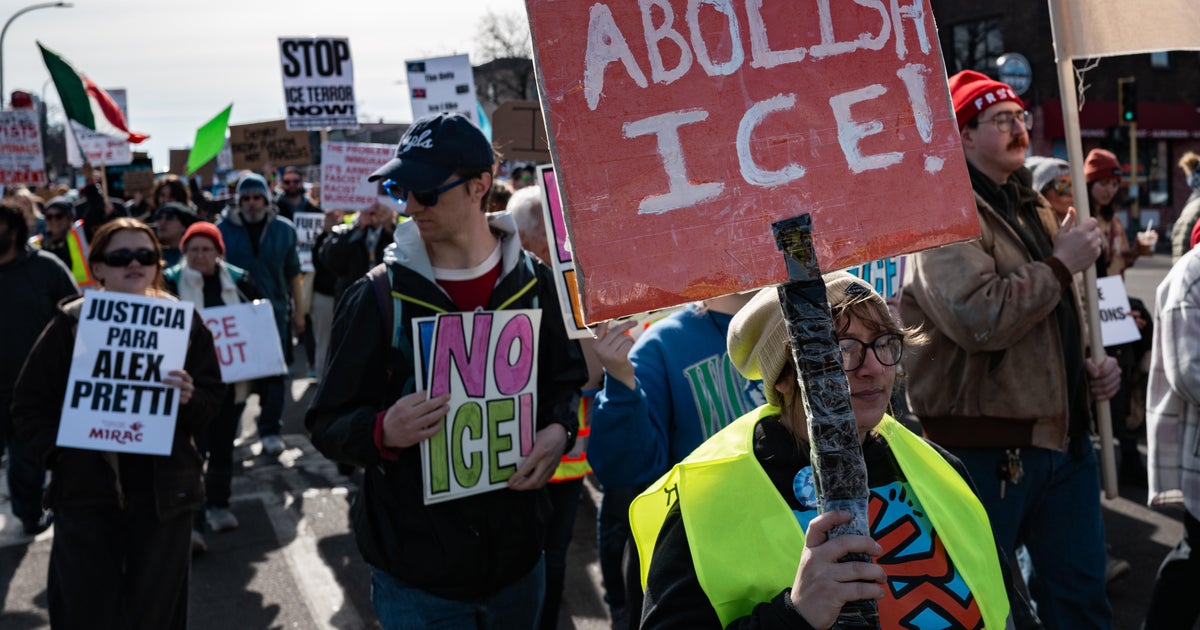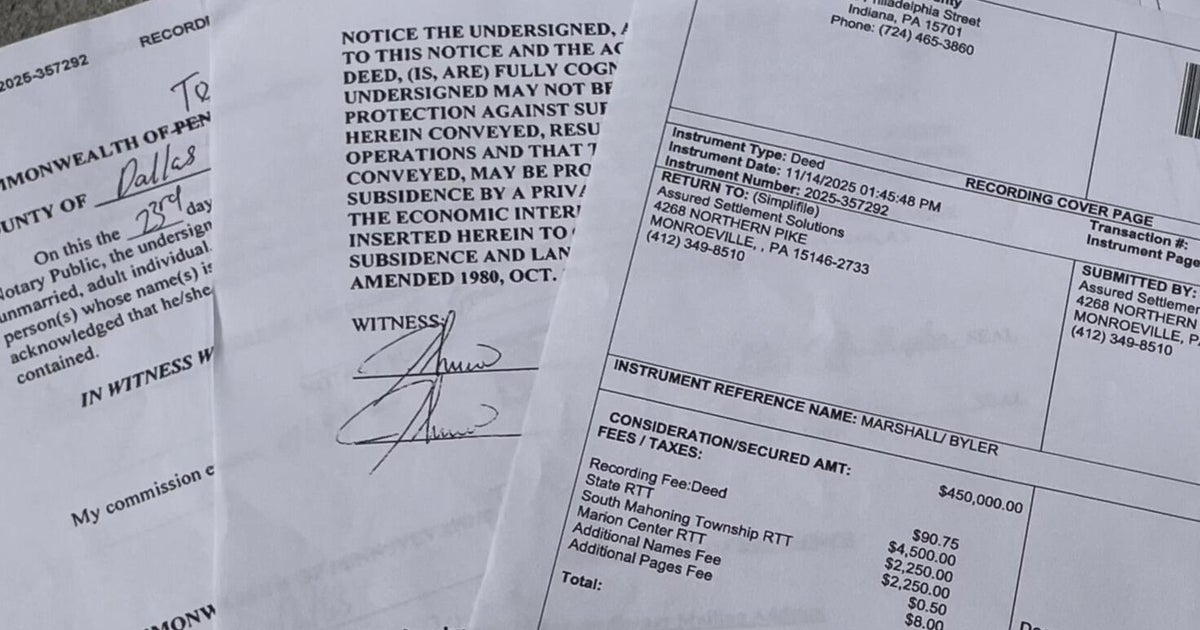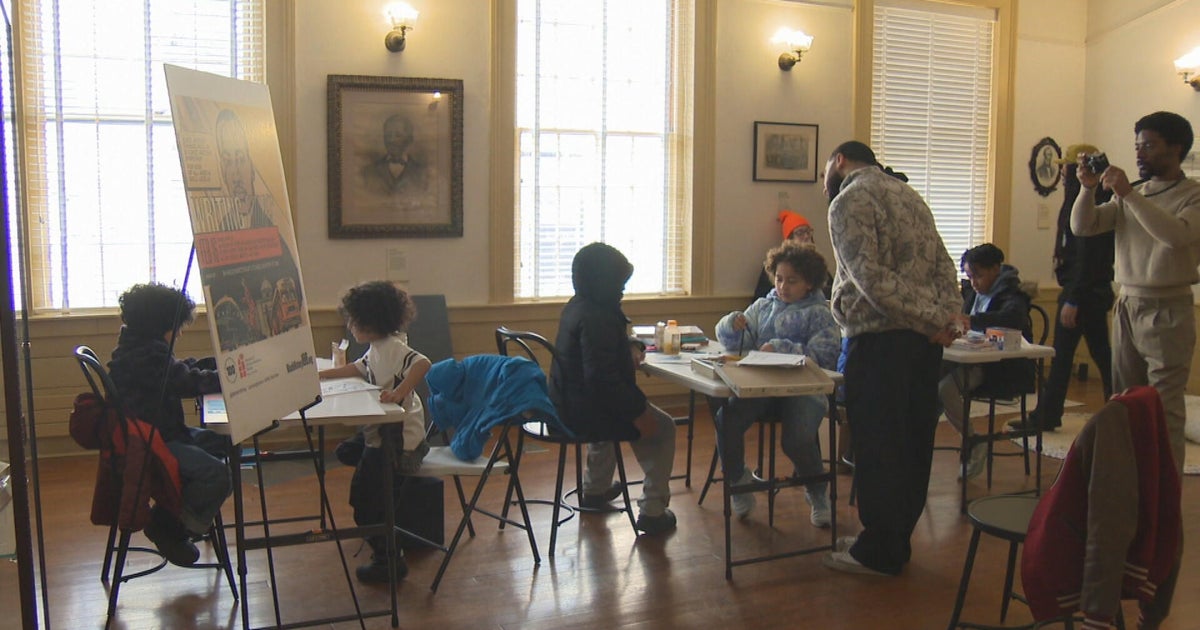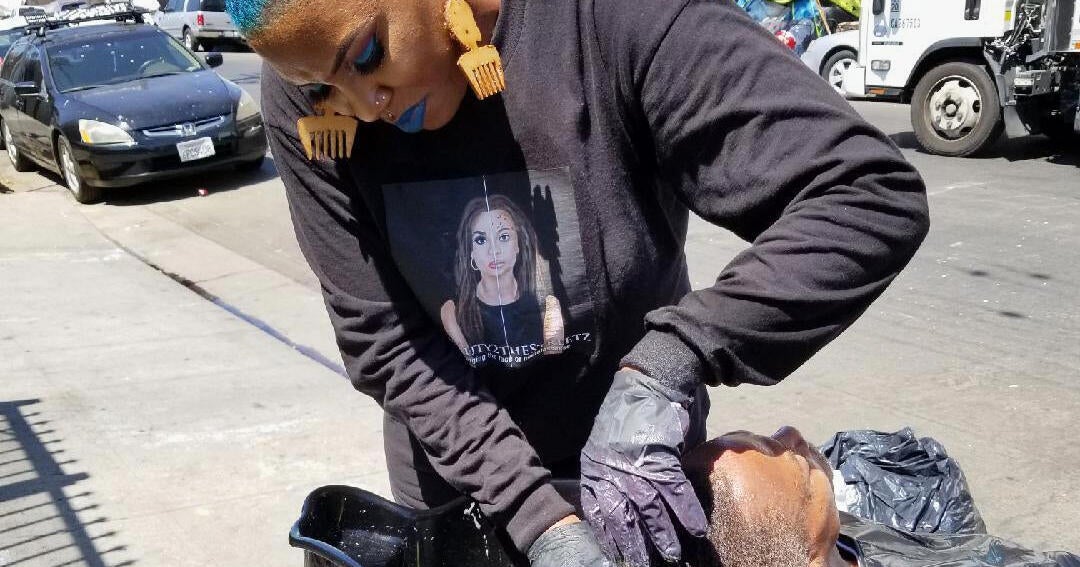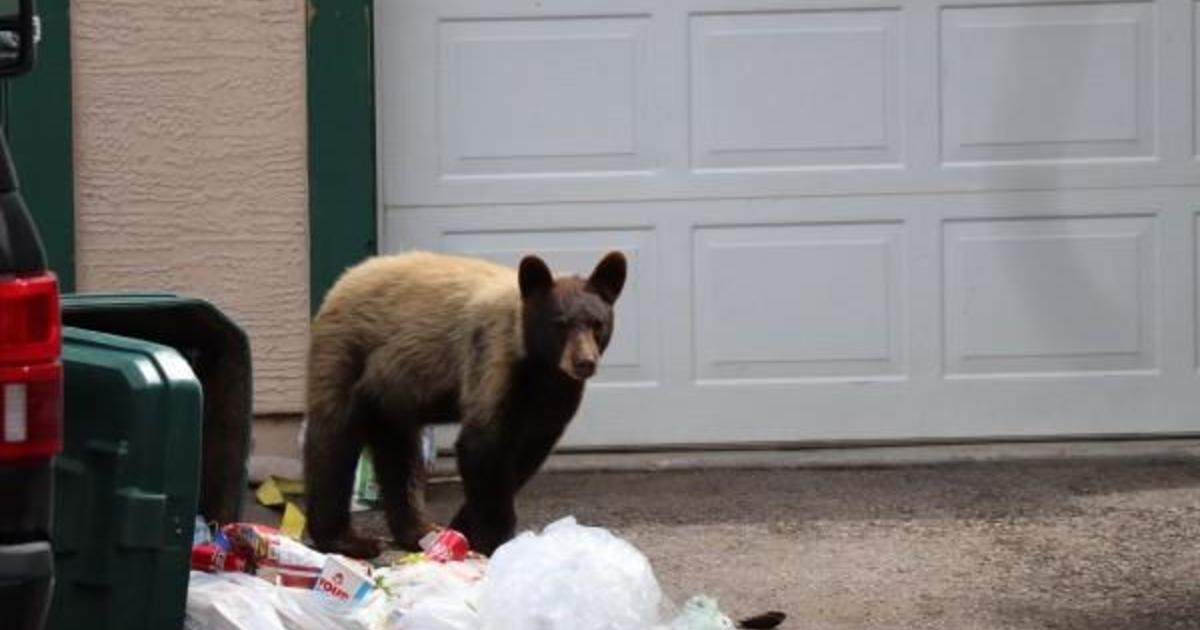St. Paul joins coalition to remove racial covenants from property deeds
ST. PAUL, Minn. -- The city of St. Paul announced Monday it will join a coalition dedicated to removing racially restrictive covenants from property deeds.
Racial covenants were legal agreements placed in deeds to prevent specific people -- primarily Black Americans -- from purchasing the land. The Just Deeds project aims to identify these covenants and discharge them from Minnesota property deeds.
"Racial covenants are a dark chapter in our city's history. Words matter, and we're committed to ensuring everyone in our community feels like they belong," St. Paul Mayor Melvin Carter said. "By joining the Just Deeds coalition, we move forward our work to create a more just and equitable city for all our residents."
READ MORE: The legacy of racially restrictive covenants in the Twin Cities
Racial covenants first appeared in Twin Cities property deeds in the early 1900s. In St. Paul, the covenants are common in areas built between 1910 and 1940 like Como Park and Highland Park, while the city's wealthiest areas like Kenwood and Summit Avenue often don't see covenants because developers saw no need to include them.
The Supreme Court upheld the legality of these covenants in 1926. In Minnesota, covenants could no longer be enforced after 1953, but they were still in effect nationwide until the Fair Housing Act was signed in 1968.
Eighteen metro cities, including St. Paul, Minneapolis, Edina and others, have joined the Just Deeds coalition, and three more are set to join soon.
St. Paul property owners can click here to find out if their deed includes a racial covenant.
The city is partnering with Mitchell Hamline Law School's Center for the Study of Black Life and the Law to help property owners remove covenants.
